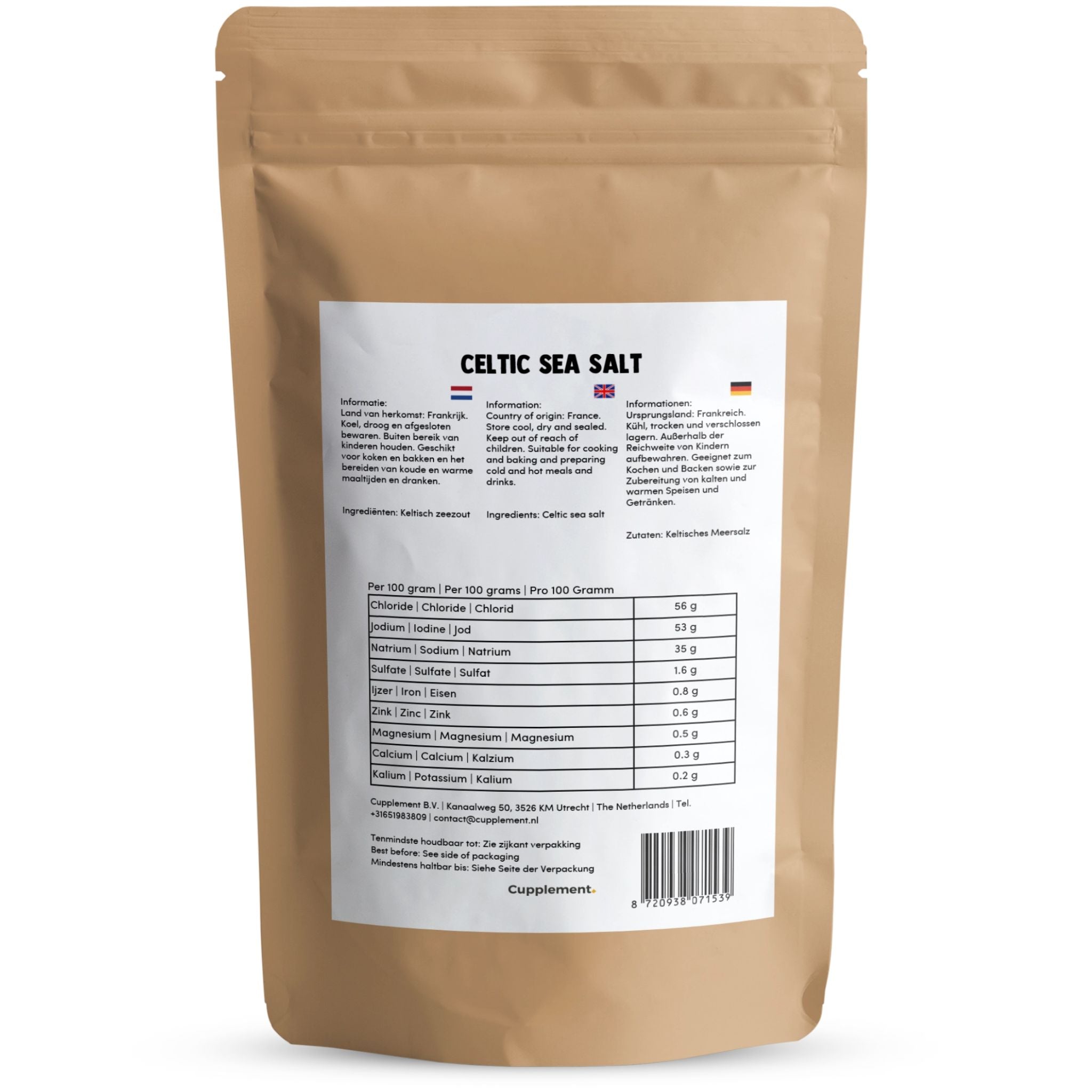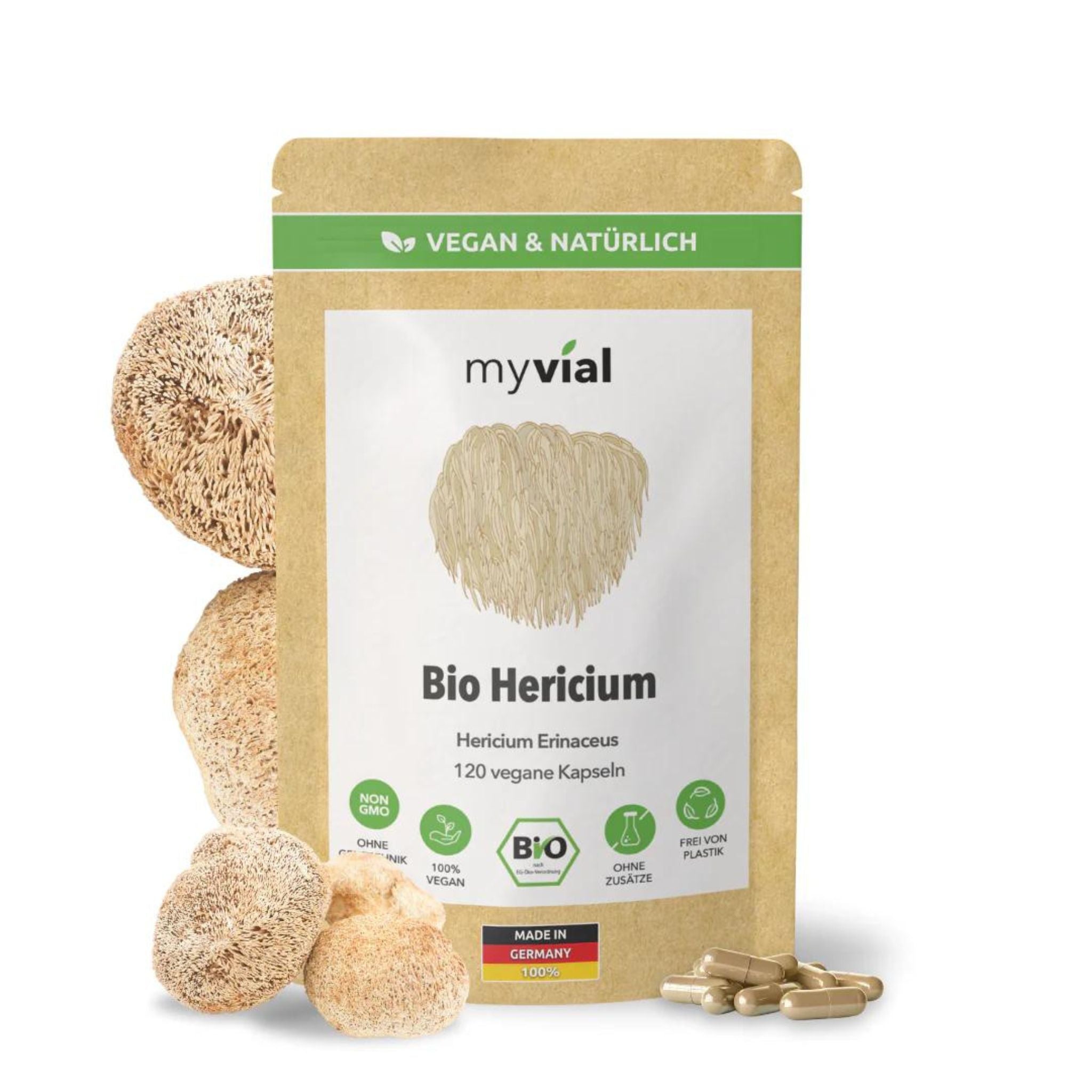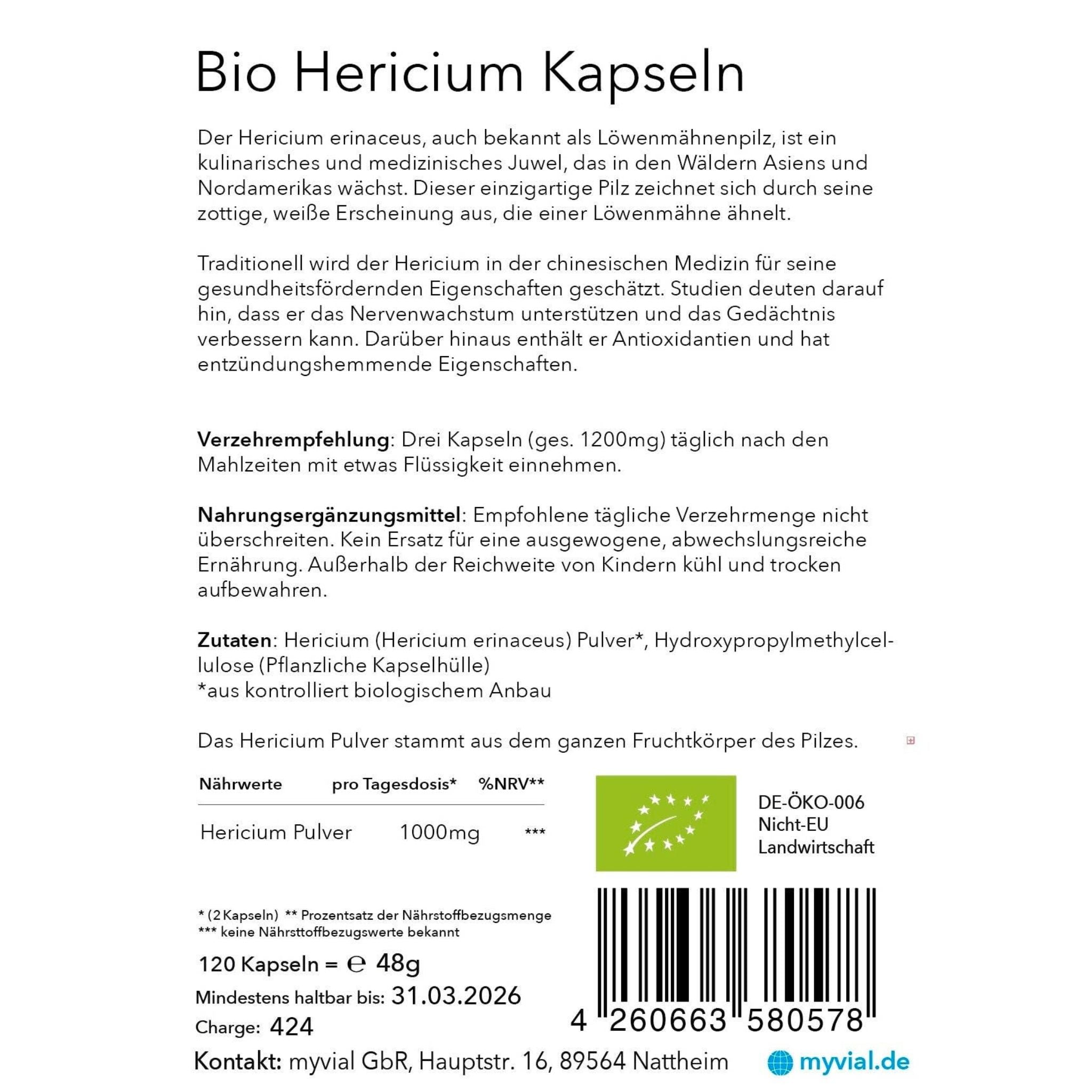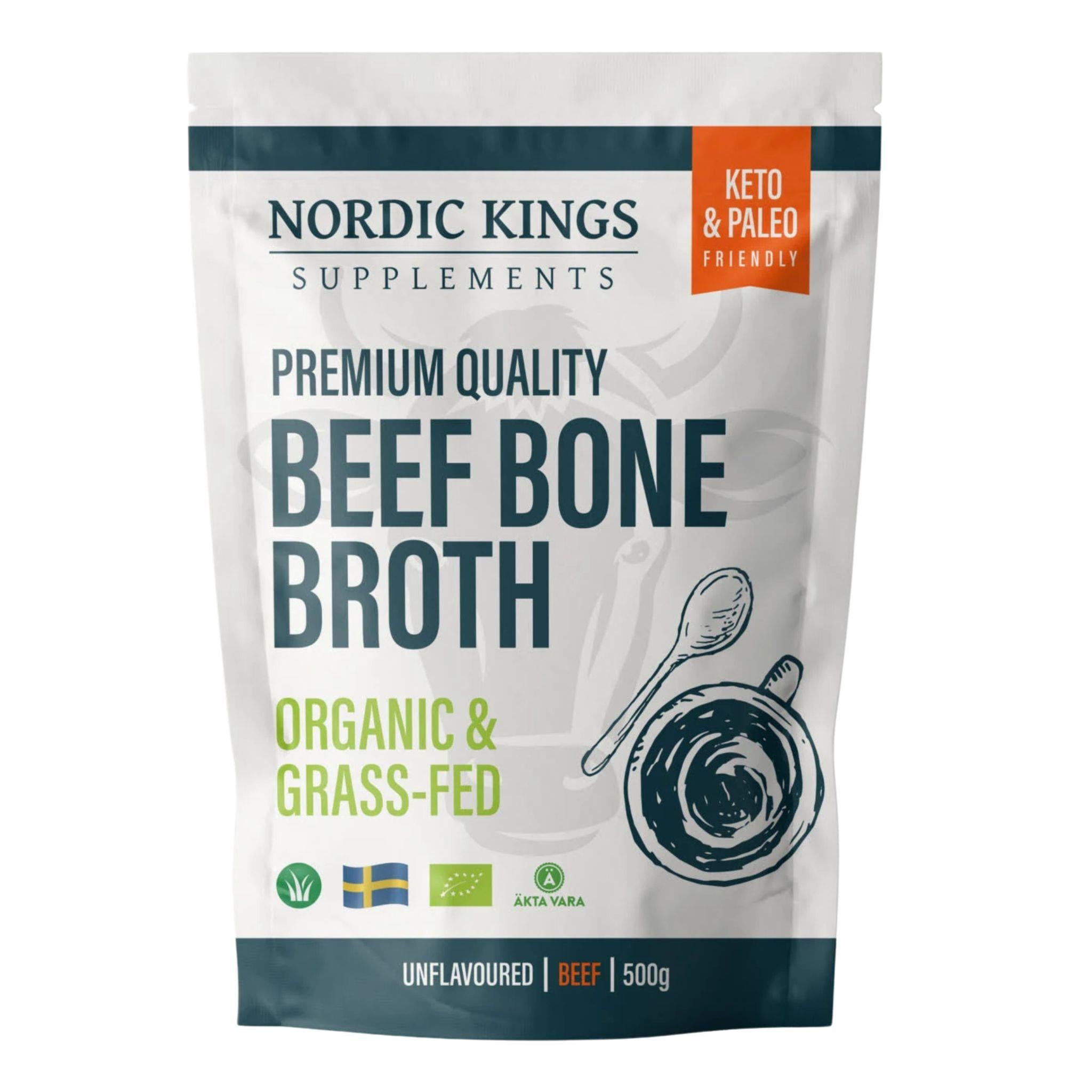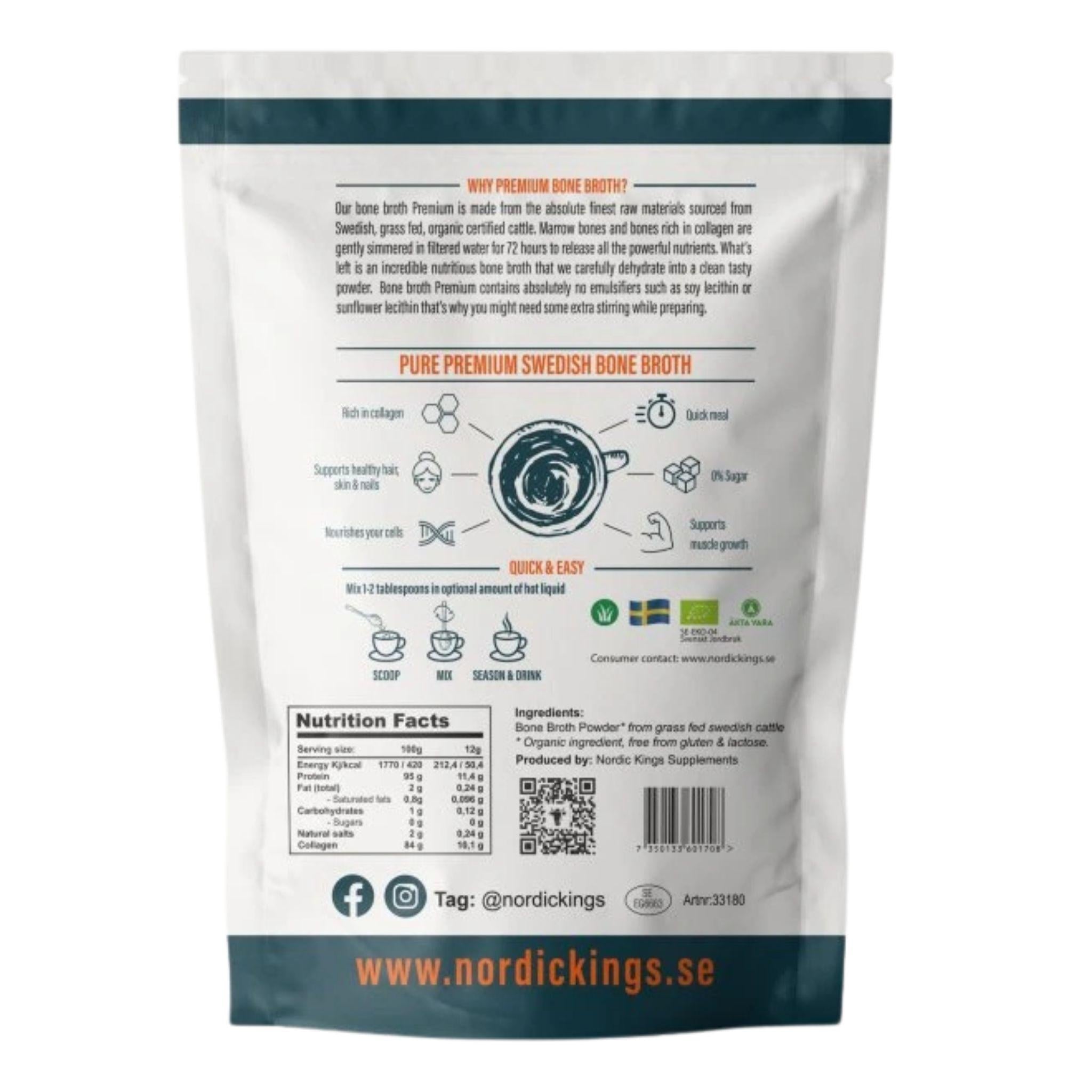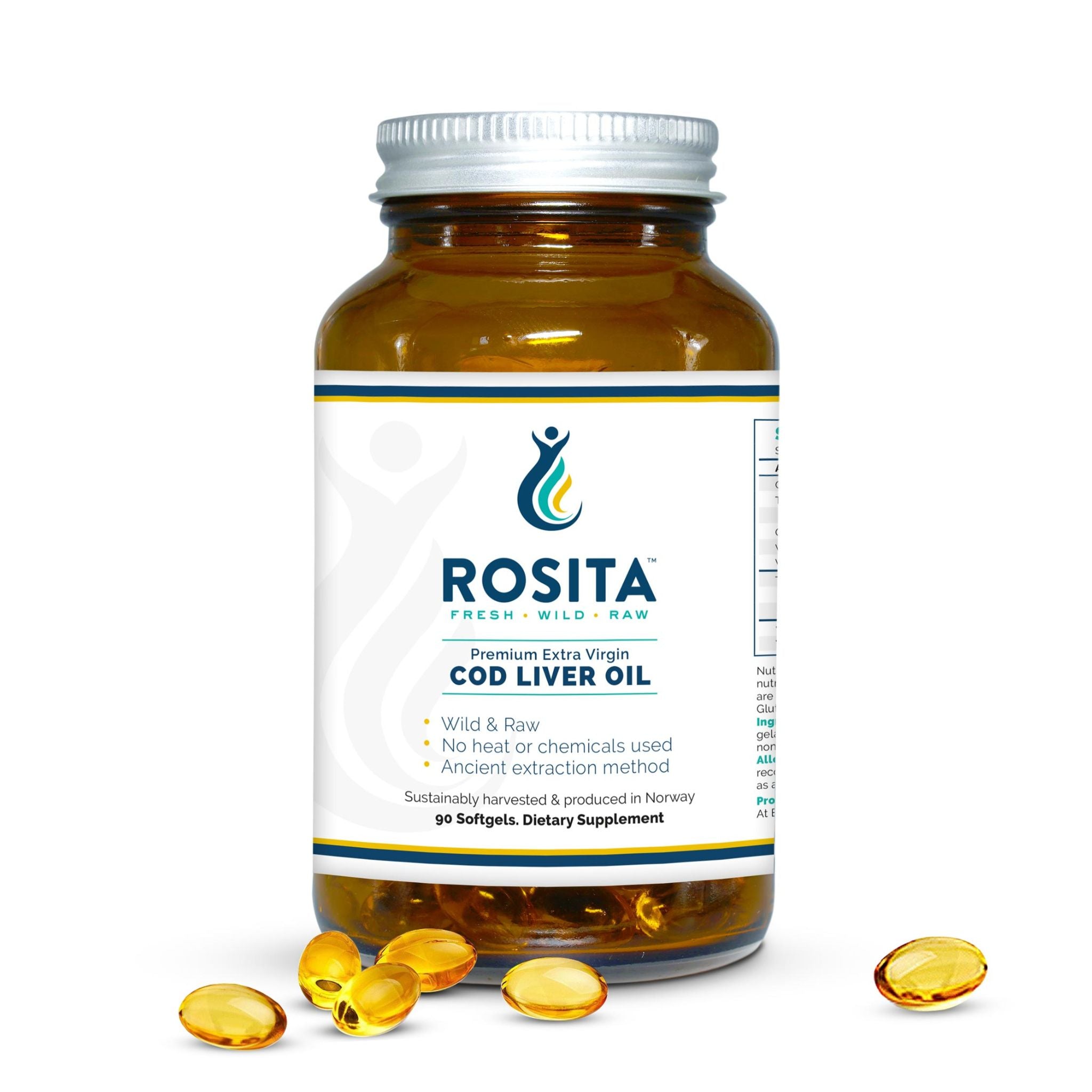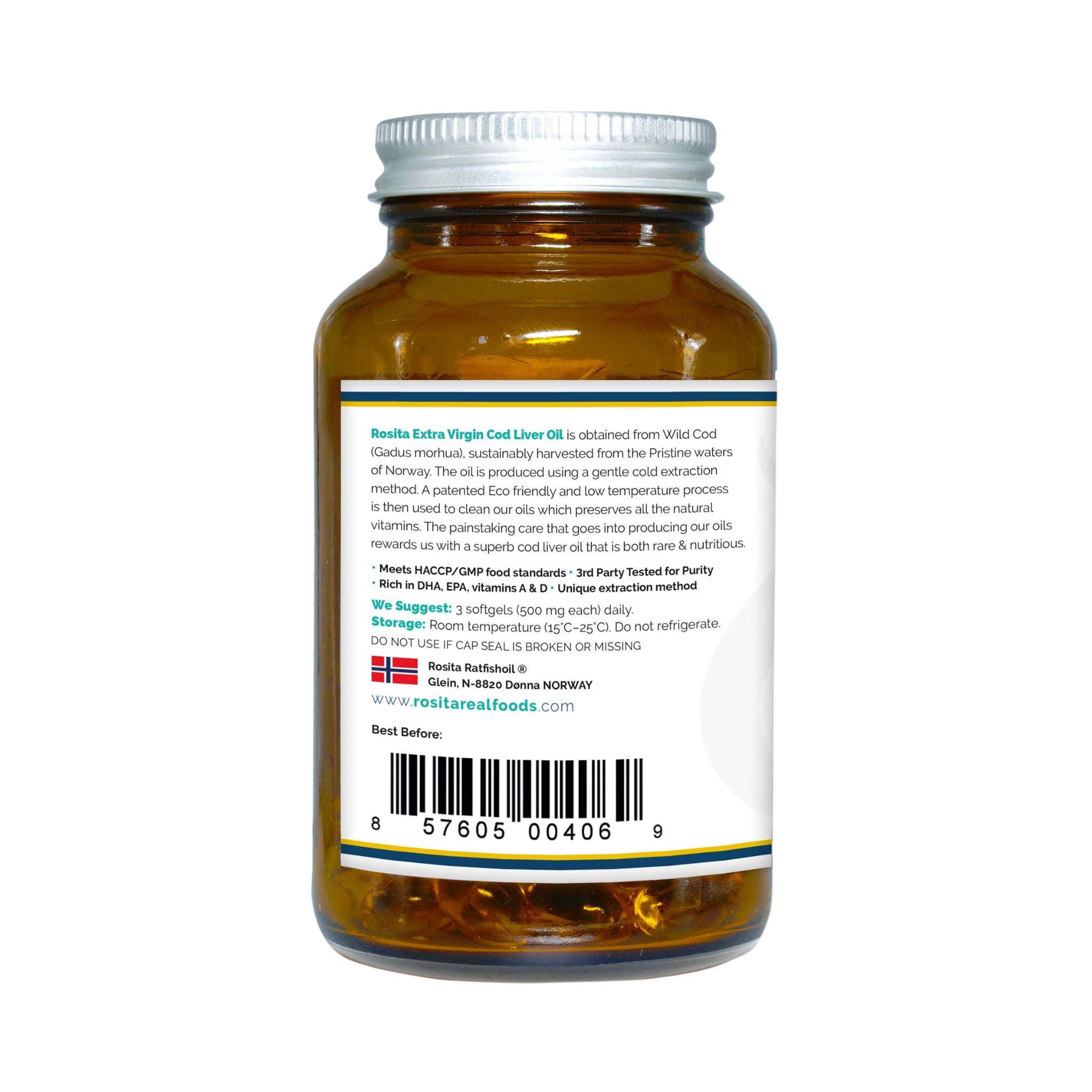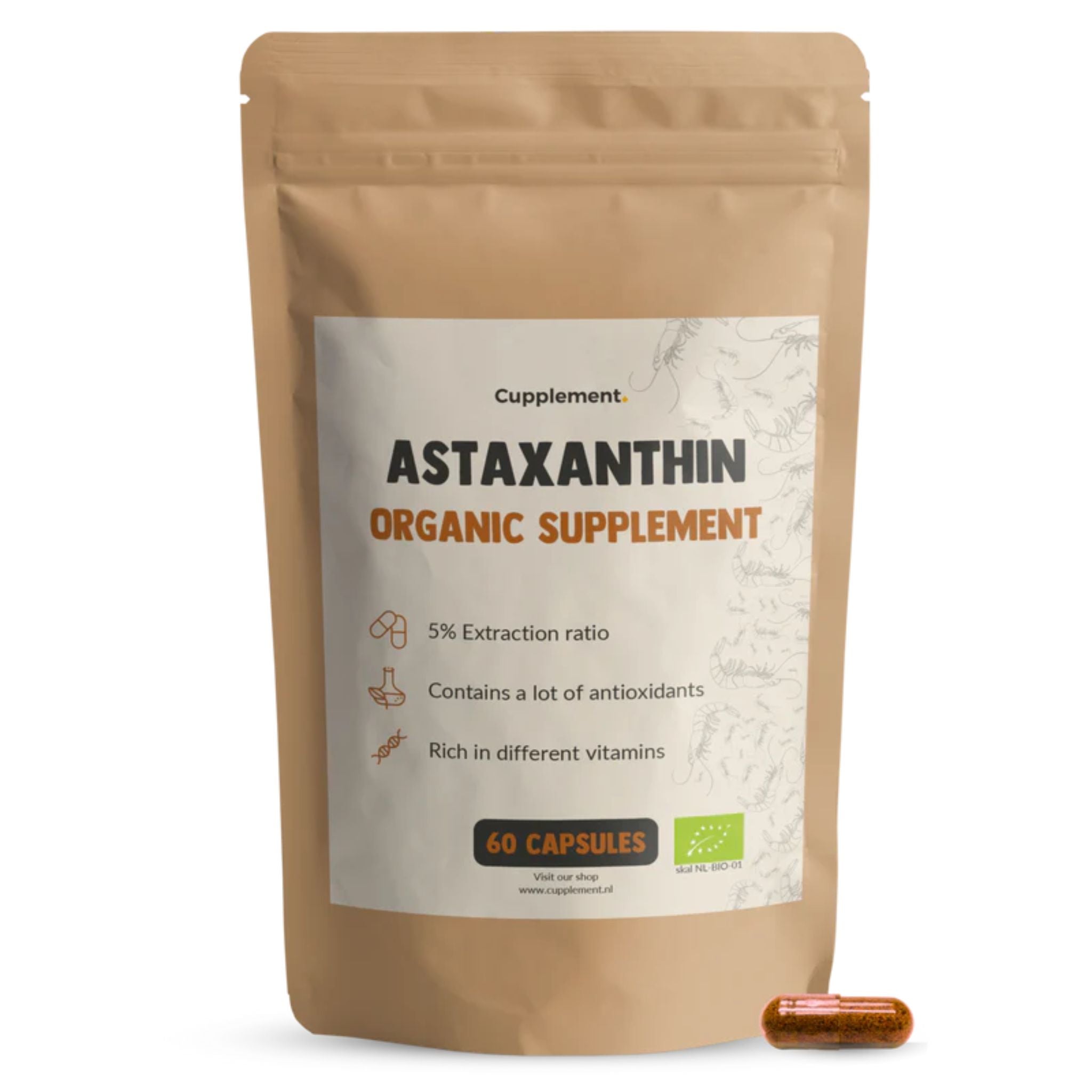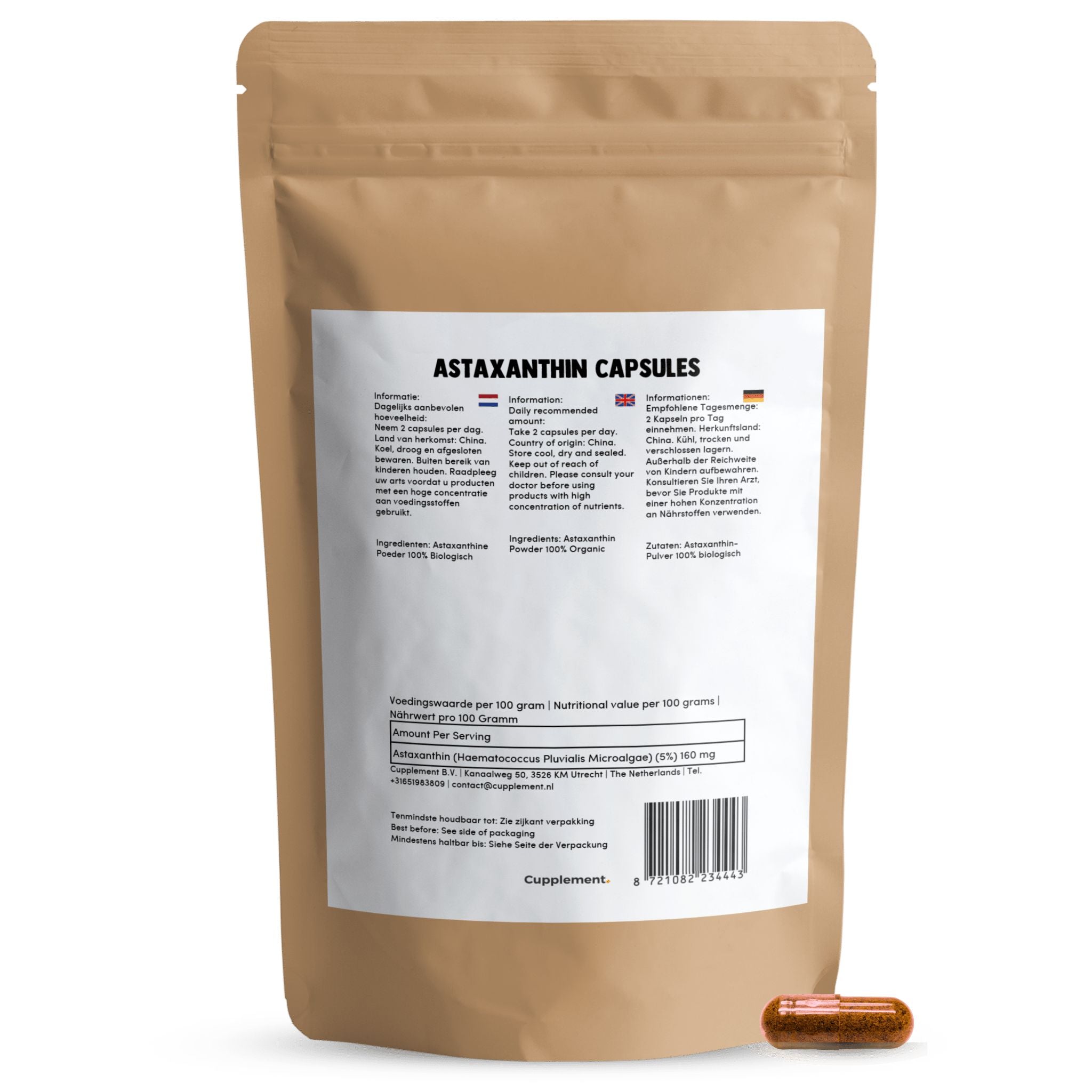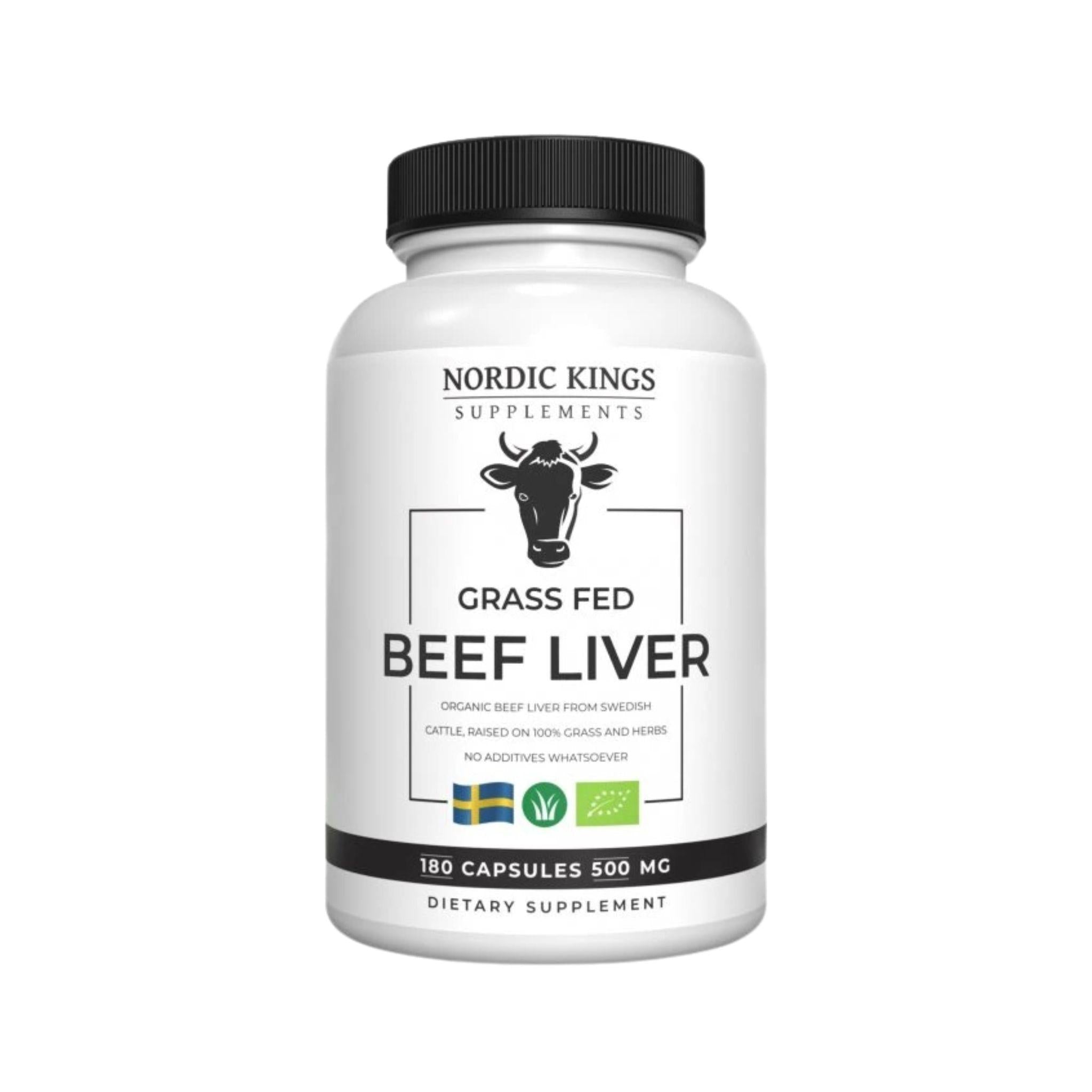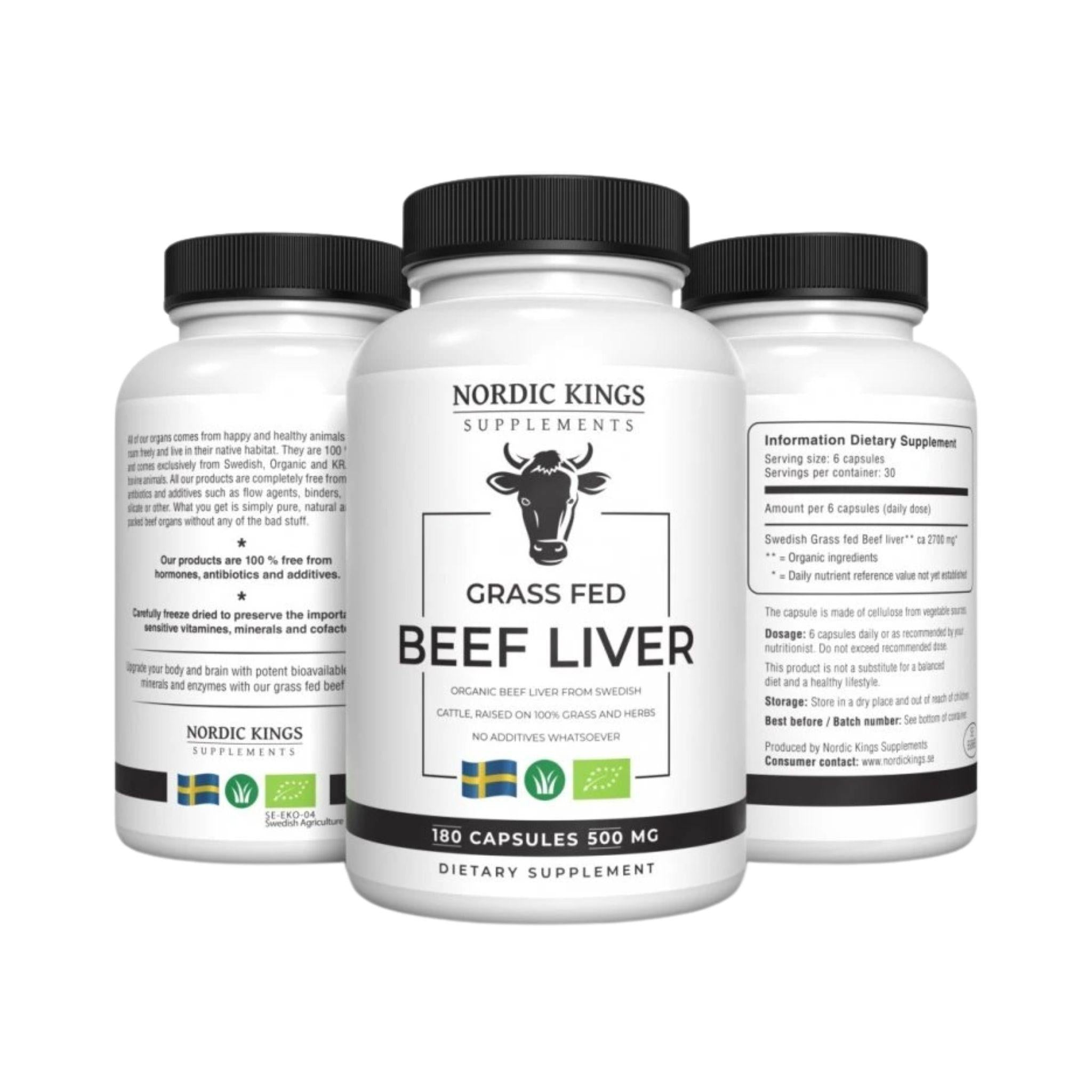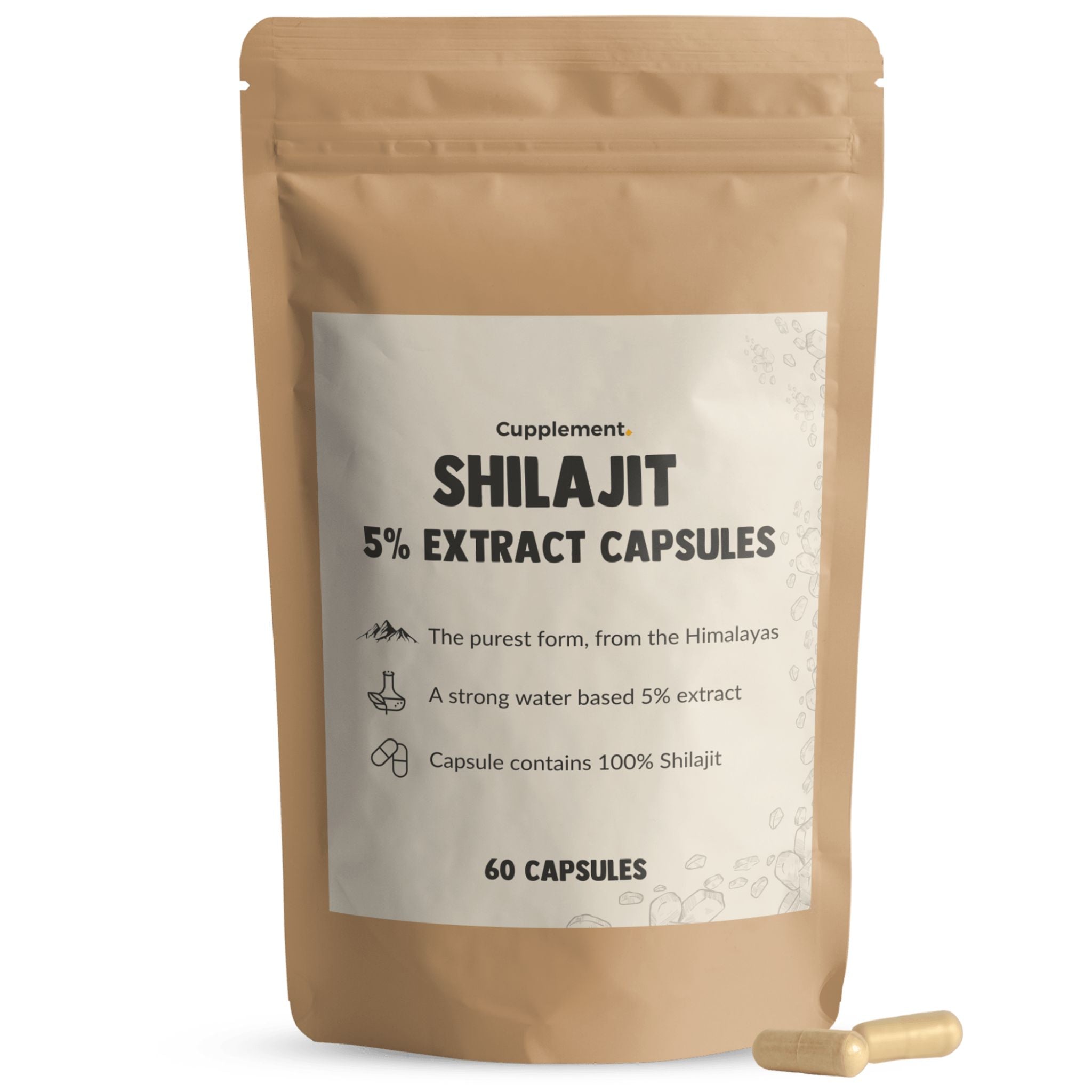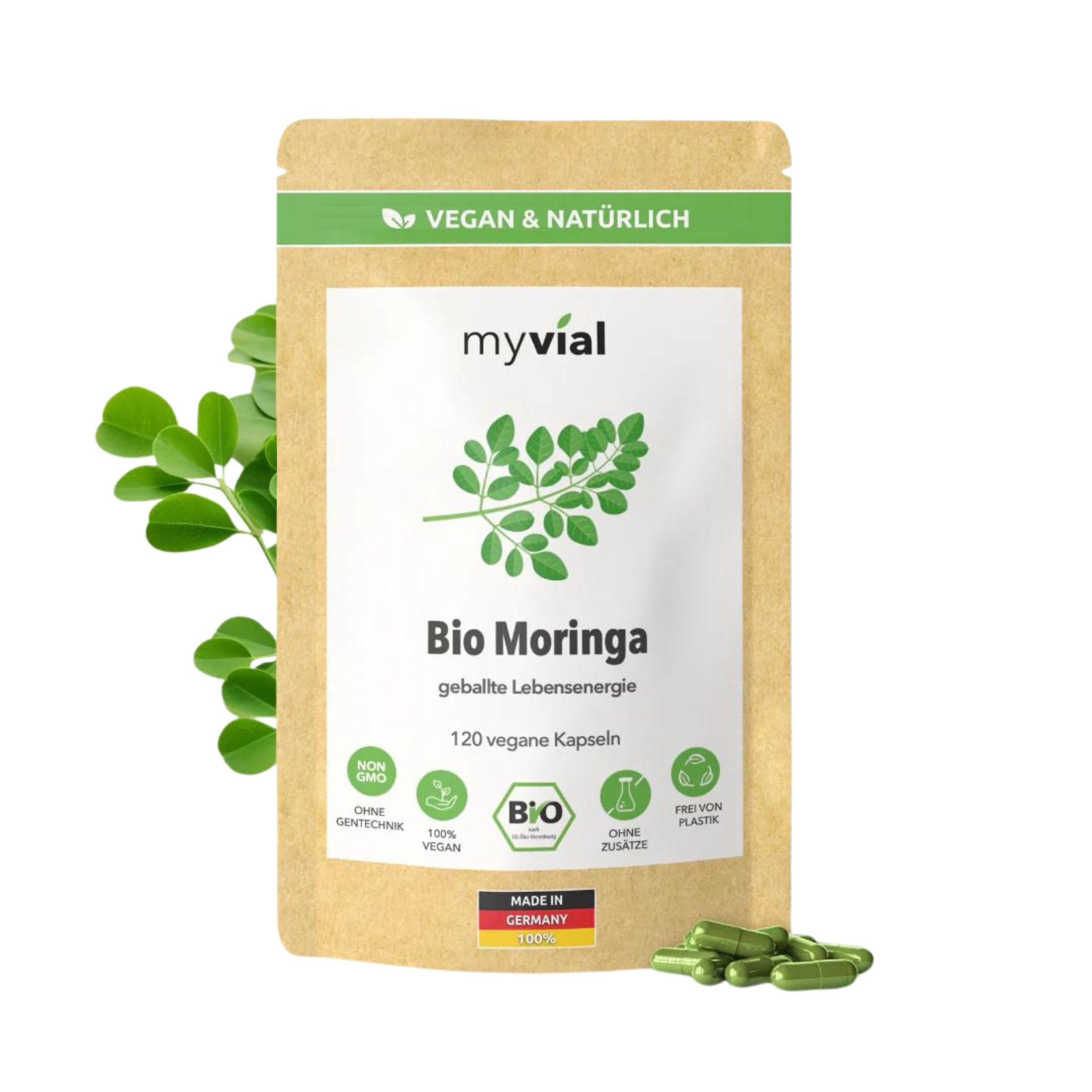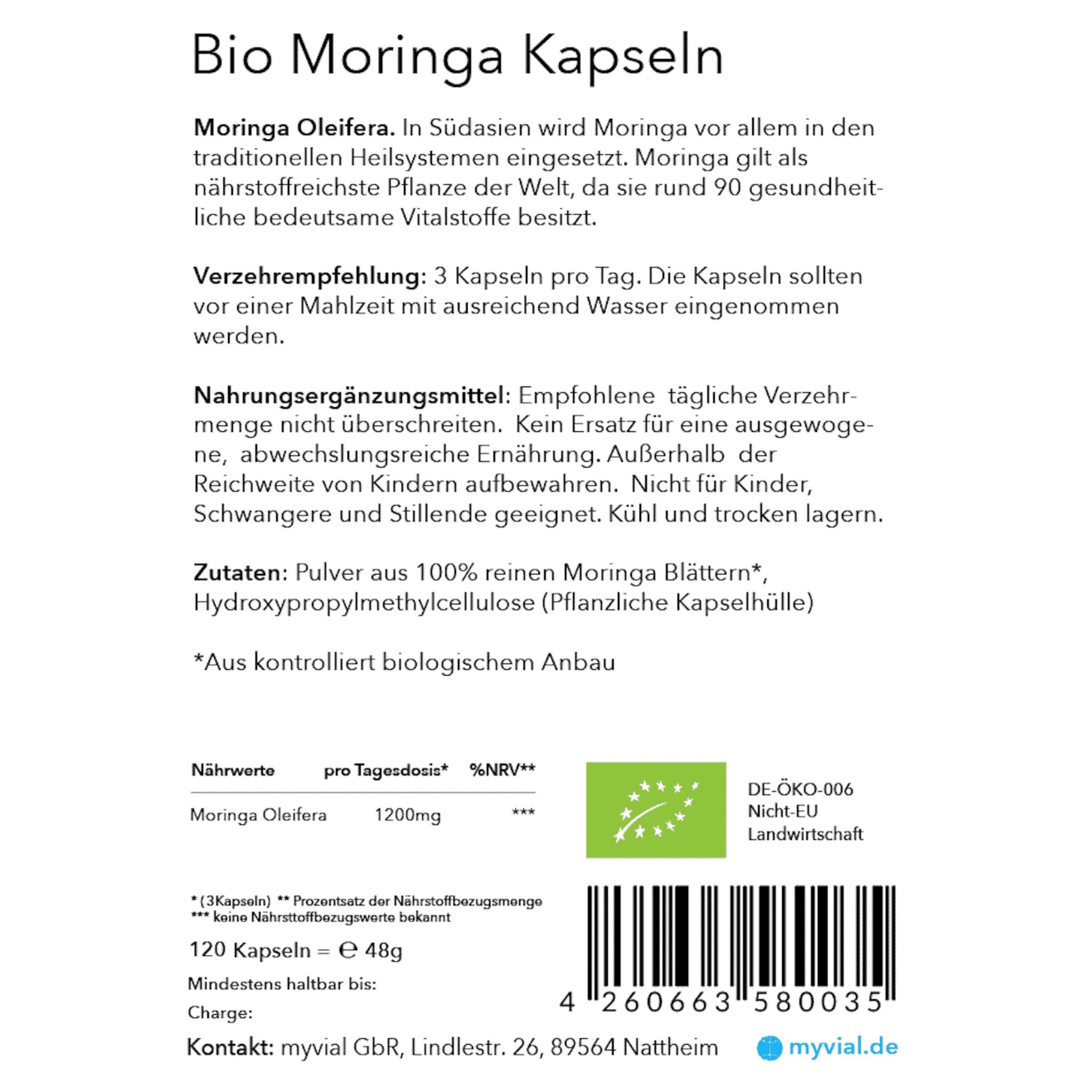Ginkgo Biloba: The Herb for Memory and Brain Health
Ginkgo biloba, commonly known as Ginkgo, is one of the oldest living tree species and has been used in traditional medicine for centuries. Known for its cognitive-enhancing effects and circulation-boosting properties, Ginkgo biloba is a popular natural supplement for supporting brain health, mental clarity, and overall wellness. In this article, we’ll explore the benefits of Ginkgo, how it works, and ways to incorporate it into your wellness routine.
What is Ginkgo Biloba?
Ginkgo biloba is a tree native to China that is valued for its unique fan-shaped leaves and health benefits. Ginkgo leaves are rich in flavonoids and terpenoids, powerful antioxidants that protect against cell damage. The extract made from Ginkgo leaves is commonly used in supplements to support brain function, improve circulation, and promote mental well-being.
Traditionally, Ginkgo has been used in Chinese medicine to address various health issues, including memory problems, poor blood flow, and respiratory conditions. Today, it is one of the most widely used herbal supplements, especially for cognitive health.
Health Benefits of Ginkgo Biloba
1. Enhances Cognitive Function and Memory
Ginkgo biloba is well-known for its ability to support brain health and improve memory. Studies suggest that Ginkgo may improve cognitive function, focus, and recall by enhancing blood flow to the brain and providing antioxidant protection. Ginkgo’s effects on memory make it a popular supplement among students and older adults looking to maintain mental clarity.
2. Supports Circulation and Heart Health
Ginkgo biloba helps improve blood circulation by dilating blood vessels and reducing blood viscosity. This improved blood flow supports cardiovascular health and helps deliver oxygen and nutrients to vital organs, including the brain and heart. Better circulation can also contribute to a natural boost in energy levels.
3. Antioxidant Properties
The flavonoids and terpenoids in Ginkgo biloba act as powerful antioxidants, neutralizing free radicals that can damage cells and lead to premature aging and chronic diseases. By reducing oxidative stress, Ginkgo supports cellular health and helps protect tissues from damage, promoting overall wellness.
4. May Help Reduce Anxiety and Stress
Ginkgo biloba has been shown to have calming effects that may help reduce symptoms of anxiety and stress. Some research suggests that Ginkgo can support mood and reduce stress by promoting better blood flow to the brain and balancing cortisol levels. It may help provide mental clarity and relaxation during stressful situations.
5. Supports Eye Health
Ginkgo’s ability to improve blood flow extends to the eyes, where it may support eye health and reduce the risk of age-related eye conditions. The antioxidants in Ginkgo may protect eye tissues from oxidative stress and contribute to better vision health, particularly in older adults.
6. May Support Cognitive Decline Prevention
Some studies suggest that Ginkgo biloba may help reduce cognitive decline associated with aging and neurodegenerative conditions, such as Alzheimer’s disease. While more research is needed, Ginkgo’s antioxidant and circulation-enhancing effects may help protect brain cells and support long-term cognitive health.
How to Use Ginkgo Biloba
Ginkgo biloba is available in various forms, making it easy to incorporate into your routine. Here’s how to enjoy its benefits:
- Ginkgo Capsules or Tablets: Ginkgo capsules or tablets are a popular choice for daily supplementation, providing a standardized dose that’s easy to track.
- Ginkgo Liquid Extract: Ginkgo tinctures are concentrated liquid extracts that can be added to water or juice for quick absorption.
- Ginkgo Tea: Ginkgo tea is made by steeping dried Ginkgo leaves in hot water, offering a relaxing way to enjoy its benefits.
For best results, follow the recommended dosage on product labels or consult with a healthcare provider to determine the appropriate amount for your needs.
Potential Side Effects and Precautions
While Ginkgo biloba is generally safe for most people, some may experience mild side effects such as headaches, digestive discomfort, or dizziness. Ginkgo may interact with blood-thinning medications and increase bleeding risk, so individuals on anticoagulants should consult a healthcare provider before using Ginkgo.
Pregnant or breastfeeding women and individuals with epilepsy or seizure disorders should also speak with a healthcare provider before taking Ginkgo, as it may not be suitable in these cases.
Ginkgo Biloba vs. Other Cognitive-Enhancing Herbs
Ginkgo biloba is unique among cognitive-enhancing herbs for its strong focus on improving circulation and delivering oxygen to the brain. While other herbs like Bacopa or Lion’s Mane also support cognitive function, Ginkgo is particularly valued for memory enhancement and blood flow support. Combining Ginkgo with other brain-supportive herbs can offer a well-rounded approach to cognitive wellness.
Conclusion: Should You Try Ginkgo Biloba?
Ginkgo biloba is a powerful herb with a range of health benefits, from enhancing memory and cognitive function to supporting heart health and eye health. Whether you’re looking to improve mental clarity, reduce stress, or maintain overall wellness, Ginkgo is a valuable addition to any natural health routine. As with any supplement, consult with a healthcare provider to ensure it’s the right choice for your individual needs.
Ready to experience the benefits of Ginkgo biloba? Explore our selection of Ginkgo biloba products to support your journey toward better brain health and overall wellness.


